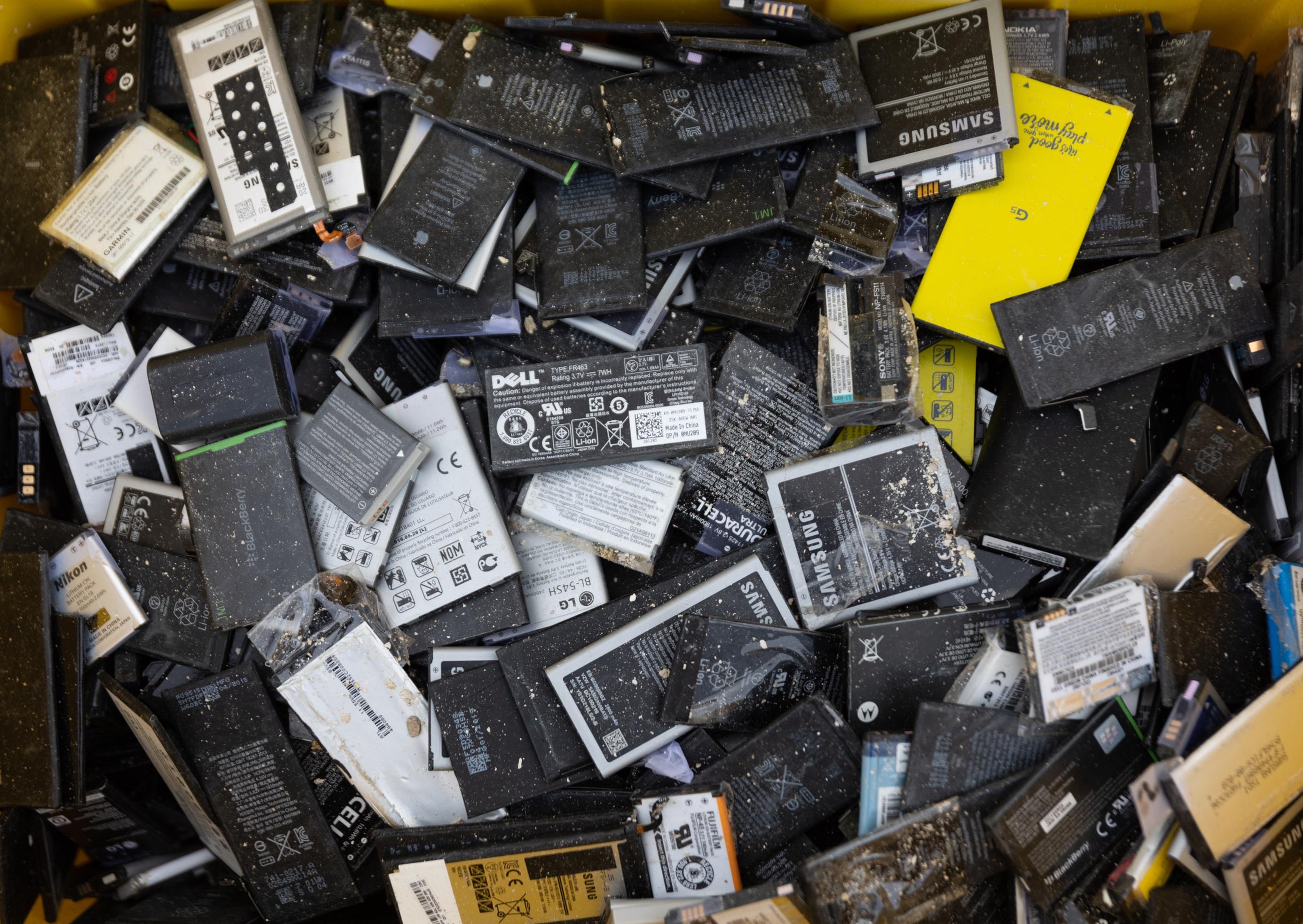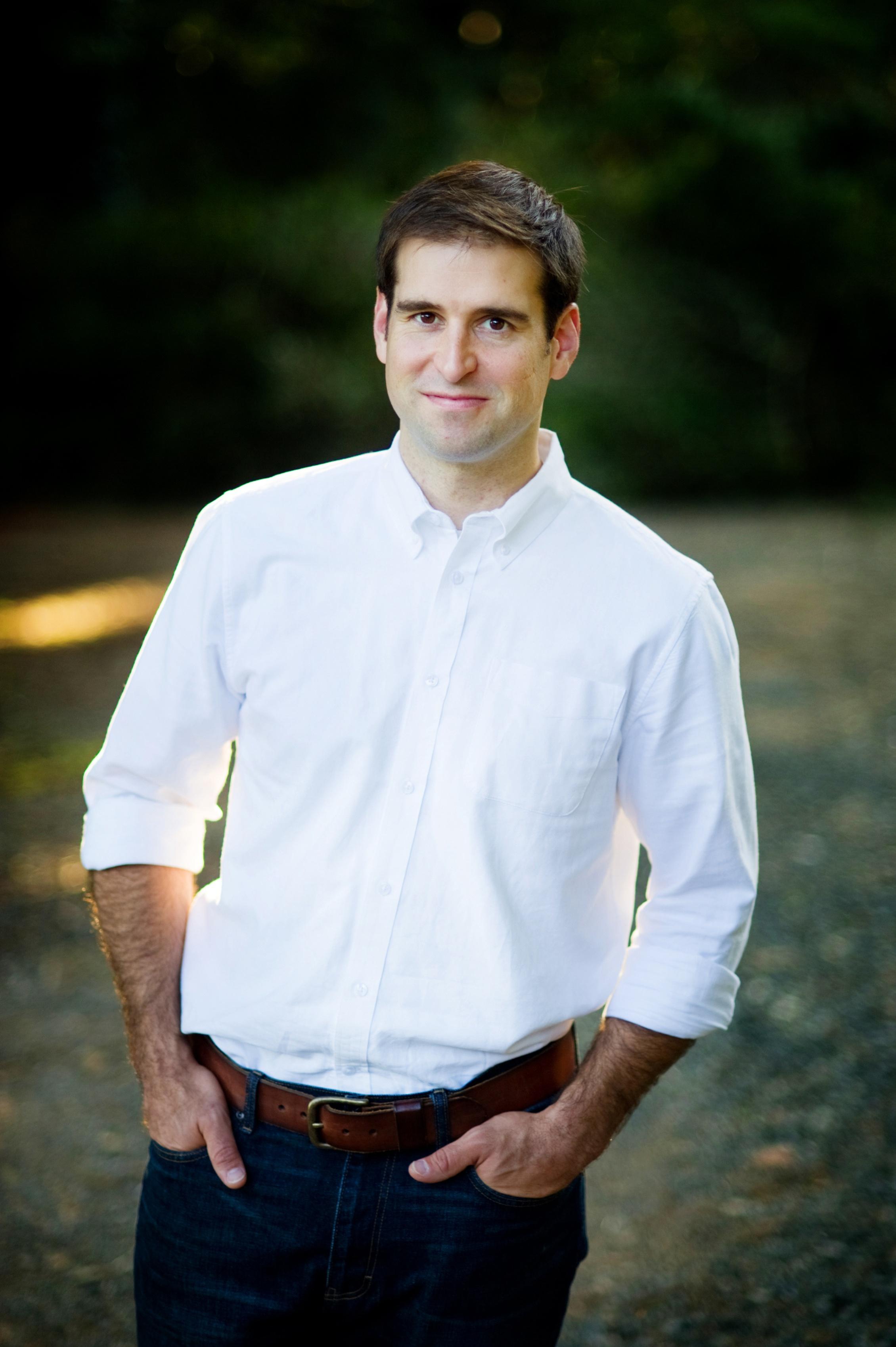Redwood Materials, a startup created by Tesla cofounder J.B. Straubel to profitably recycle lithium-ion batteries, is partnering with ERI, North America’s biggest processor of electronic waste, to gain access to thousands of tons of cells it can turn back into valuable raw materials.
As part of the new alliance, Carson City, Nevada-based Redwood, which already recycles battery materials from Panasonic and Amazon, is investing an undisclosed amount in privately held ERI and Straubel is joining its board. Initially, Redwood will receive up to 30 tons a week of lithium-ion batteries collected by ERI. It will also begin a pilot program to recover materials from old solar panels shipped to it from the Fresno, California-based company.
“We'll get 100% of the battery supply that they generate and that's a meaningful number today,” Straubel tells Forbes, declining to provide financial details. “The goal here is to work together to increase that and also to address some of these new materials that we can work together on to help them pull material into the funnel.”
Redwood Materials founder and CEO JB Straubel
Straubel, who was Tesla’s long-time chief technology officer, helped design its original battery packs and motors and oversaw development and operations of its Gigafactory in Nevada, left the electric vehicle company led by Elon Musk in 2019 to focus on Redwood. His years of making batteries for electric vehicles, which need cobalt, lithium, nickel and copper sourced from around the globe, gave rise to concerns about their long-term availability and environmental impact. He also saw an opportunity for a business that could recover those materials in a closed-loop system and sell them back to battery- and electronics manufacturers.
Closely held Redwood currently operates two processing facilities in Nevada, and is scaled to process about 20,000 tons of batteries annually. Straubel won’t share technical details of proprietary technology and processes the company has developed, but says he’s in talks with other potential partners and will be expanding operations. Redwood is also tightlipped about funding, disclosing only a $40 million investment round in September 2020 that included Amazon’s Climate Fund.
The ERI partnership combines complementary abilities, says ERI founder and Executive Chairman John Shegerian. The company has developed expertise recycling old computers, monitors and a broad range of spent electronic devices, recovering glass, steel, aluminum, plastic, copper, lead and even gold, silver and palladium. Annually it processes over a billion pounds of e-waste from companies including Best Buy, Staples, LG, Samsung, Boeing and Raytheon, cities like New York and Los Angeles and numerous government agencies, keeping potentially harmful materials out of landfills that can leach into groundwater.
But the increasing volume of old lithium-ion battery cells and, more recently, used solar panels, was creating headaches.
“When we got in the business lithium-ion batteries were not a big problem. But as things got smaller, and they got rid of power cords, lithium-ion batteries then became the way to power all the small gadgets, And for us, that was a big problem,” Shegerian says. “Also no one had broken the code on solar panel recycling. So the last two miles of electronic waste recycling was batteries and solar panels.”
After he and Strauble met they each reviewed the other’s operations and the potential for cooperation. “He came over and saw all we had created and our volumes of batteries–we’re the biggest aggregator of batteries in America given our size–and that we had figured out how to shred solar panels. But we hadn't figured out what to do with that shredded material.”
“He looked at me and he said, ‘John, I got it. Send it to me and we're good,’” Shegerian says. “It’s a match made in heaven.”
The solar panel recycling project is at an earlier stage, but could become a new opportunity for the two companies, Straubel says.
“Working with ERI is a great way to help us get it into that market and understand it,” he says. “We're developing some of the solutions there on how we could co-process solar panels and use them as kind of an ingredient in everything else that we're processing and refining.”






0 Comments